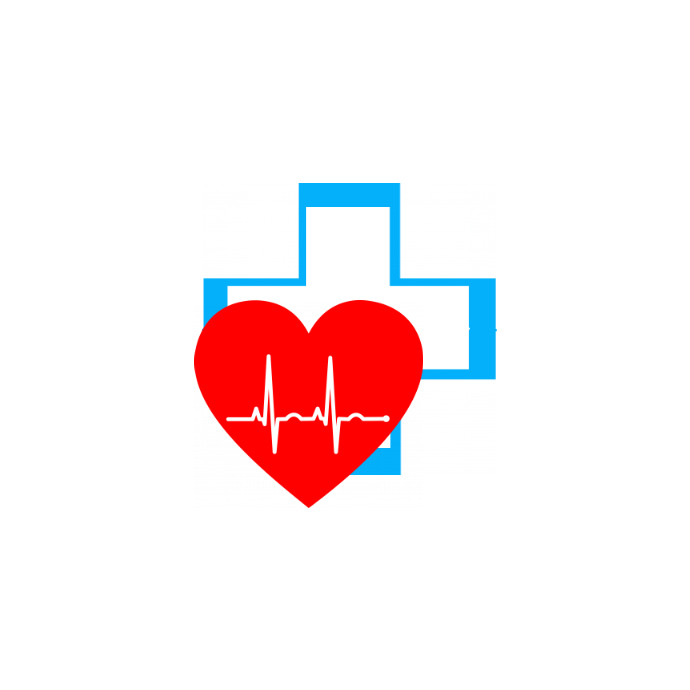
Hypersomnia is a medical term used to describe a condition in which individuals experience excessive daytime sleepiness, despite getting an adequate amount of nighttime sleep. It is important to differentiate hypersomnia from feeling temporarily tired or fatigued. Hypersomnia refers to persistent and uncontrollable sleepiness that interferes with daily activities. There are different types of hypersomnia, including:
A. Idiopathic Hypersomnia: This type of hypersomnia is characterized by excessive sleepiness that cannot be explained by any underlying medical condition.
B. Recurrent Hypersomnia: Individuals with recurrent hypersomnia experience episodes of excessive sleepiness that may last for days, weeks, or even months. These episodes are followed by periods of normal sleep.
C. Narcolepsy: Narcolepsy is a neurological disorder characterized by excessive daytime sleepiness, sudden and uncontrollable sleep attacks, and disruptions in the sleep-wake cycle.
Causes and Risk Factors:
The exact causes of hypersomnia are not fully understood, but several factors have been identified as potential contributors:
A. Medical Conditions: Certain medical conditions such as sleep apnea, obesity, depression, multiple sclerosis, and hypothyroidism have been associated with hypersomnia.
B. Genetics: There is evidence to suggest a genetic predisposition to hypersomnia, as it often runs in families.
C. Brain Abnormalities: Structural abnormalities or dysfunctions within the brain regions involved in sleep-wake regulation, including the hypothalamus, may contribute to hypersomnia.
D. Medications and Substance Abuse: Certain medications, such as sedatives and tranquilizers, can lead to excessive sleepiness. Similarly, substance abuse, particularly alcohol and illicit drugs, can disrupt normal sleep patterns and induce hypersomnia.
Symptoms and Impact:
The primary symptom of hypersomnia is excessive daytime sleepiness, which is often accompanied by the following manifestations:
A. Prolonged Sleep Duration: Individuals with hypersomnia may sleep for extended periods, often exceeding 10-12 hours per night.
B. Difficulty Waking Up: Despite prolonged sleep, hypersomniacs find it challenging to wake up and feel refreshed in the morning.
C. Difficulty Concentrating: Cognitive impairments, including reduced attention span, memory problems, and difficulty concentrating, are common in individuals with hypersomnia.
D. Impaired Performance: Excessive sleepiness can significantly impact an individual’s performance at work or school, leading to decreased productivity and increased risk of accidents.
Treatments
1. Lifestyle modifications: Establishing good sleep hygiene practices can help improve hypersomnia symptoms. This includes maintaining a regular sleep schedule, creating a comfortable sleep environment, avoiding stimulants, and incorporating regular exercise into your routine.
2. Stimulant medications: Stimulant drugs, such as modafinil and armodafinil, are often prescribed to promote wakefulness and reduce excessive daytime sleepiness in individuals with hypersomnia. These medications work by affecting certain chemicals in the brain that are involved in regulating wakefulness.
3. Antidepressant medications: Certain antidepressant medications, particularly those classified as selective serotonin reuptake inhibitors (SSRIs) or serotonin-norepinephrine reuptake inhibitors (SNRIs), may be prescribed to manage hypersomnia symptoms. These medications can help regulate sleep patterns and improve daytime alertness.
4. Behavioral therapy: Cognitive-behavioral therapy (CBT) can be beneficial in managing hypersomnia. CBT helps individuals identify and modify thoughts and behaviors that contribute to excessive sleepiness. It may involve techniques such as sleep restriction, stimulus control, and relaxation training.
5. Narcolepsy-specific medications: If hypersomnia is caused by narcolepsy, specific medications targeting narcoleptic symptoms may be prescribed. These may include sodium oxybate (Xyrem), which helps improve nighttime sleep and reduce daytime sleepiness, and various stimulant medications.
It’s important to consult with a healthcare professional, such as a sleep specialist or neurologist, for an accurate diagnosis and appropriate treatment plan tailored to your specific needs. They will consider your symptoms, medical history, and conduct any necessary tests to determine the underlying cause of your hypersomnia and guide the most suitable treatment approach.
Written by profT for naijatipsland.com










